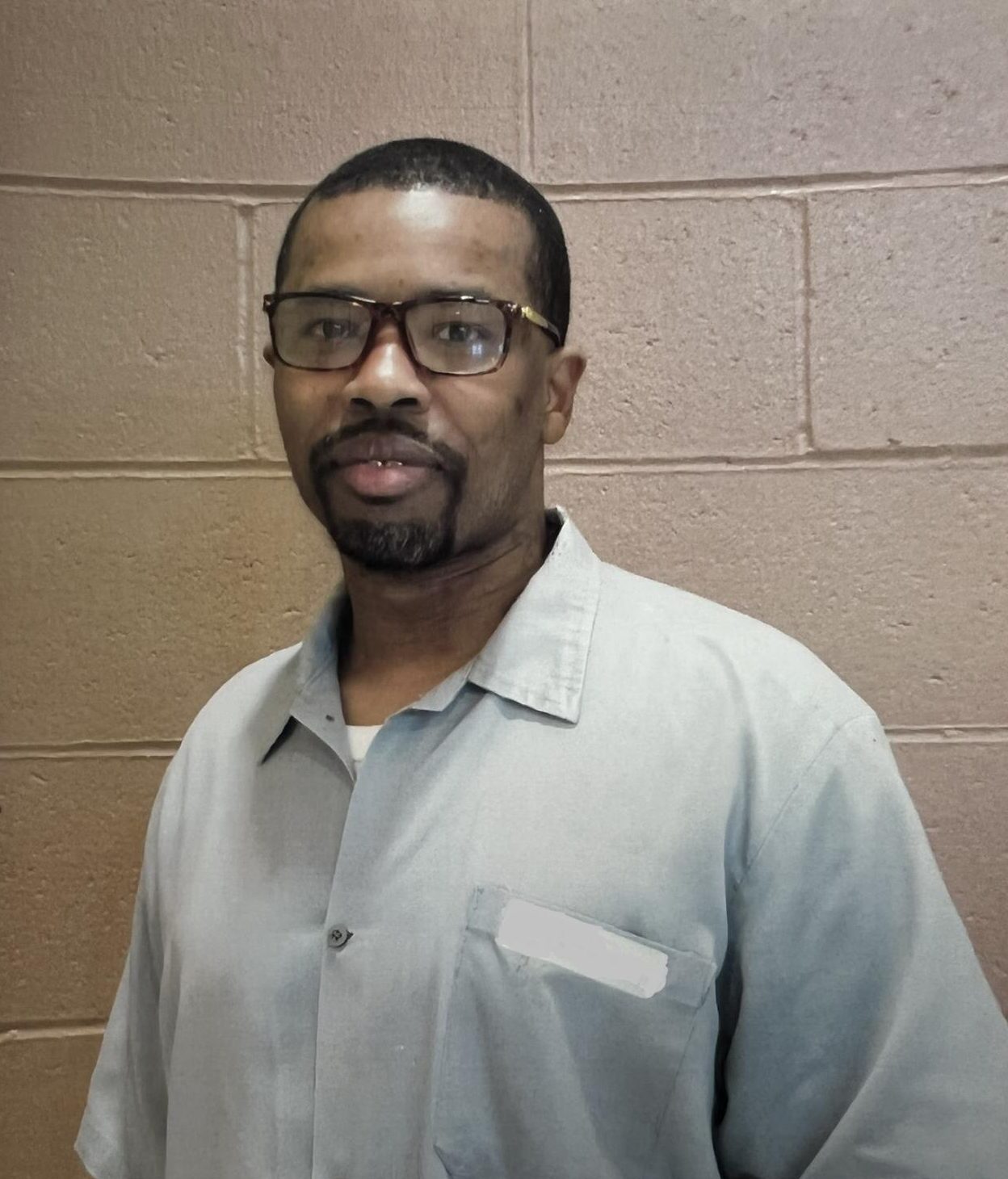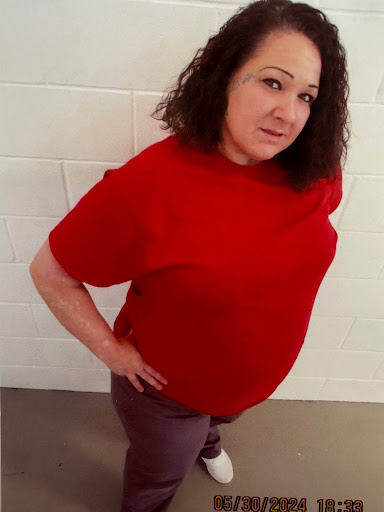Prior to working in hospice, I was unsure of myself in terms of my purpose; searching for some sense of peace and happiness. I thought I had an inkling of what to expect when taking on the task of this job, but nothing could have prepared me for such a life-altering experience. The primary role of a hospice worker is to provide companionship, assistance, and comfort to a dying patient. As a volunteer, I assisted the medical care team in their efforts to maintain the psychological and spiritual well-being of people who were terminally ill. My job duties consisted of feeding, offering spiritual support through prayer, reading, changing linens, assisting with dressing, eating and oral care, helping the nurses with lifting and/or repositioning the patient, and a variety of other duties. I was there to help give as much comfort and support in the last phase of their incurable disease, or old age, as possible so they could live as fully and comfortably before they passed on. Many of them wanted freedom from emotional and spiritual and physical pain. I witnessed a few of them make peace with God before they died, while for others it was difficult to accept dying in a cold cell without the presence of family at their side. “Hospice does not prolong life or facilitate death…” These words were spoken to me by staff when I was first hired as a hospice worker. Before long, I began to look at the individuals as more than just patients and started to form deeply rooted-bonds with them. Although I have endured the pain of the deaths of people close to me many times before, it still touched a nerve every time I received the news that someone I was caring for had passed away, or when I witnessed someone take their final breath as they passed on into the afterlife. Some of these experiences were very hard for me to process, but I would like to tell you about a connection that I had formed with a certain individual in particular so that my story may perhaps be a seed of hope for others.
It was the winter of 2015, not long after I had found God, and I was desperately seeking meaning for my life. Someone suggested that I should volunteer as a hospice worker and rely on God to use me to comfort those in need; they told me that it would definitely change my perspective on life. After being hired, I didn’t know what to expect on my first day. The nurses explained the job duties to me, and I was briefed on how to monitor the patients who were on ventilator breathing machines. I was then provided papers that further explained my job description and what was required of me. I was eventually promoted to the lead hospice coordinator and was assigned to train and show the new hospice workers their job duties. I truly found this job to be a gift, as it gave my life purpose by helping others.
Every day I made it my business to visit each patient individually. Each person had their own personality that I adapted to, and I wanted to hear their concerns so that I could ensure their needs would be fulfilled. There was one patient that would be more difficult for us hospice workers to deal with than others; and, for me, it was both a challenge and an opportunity for me to grow in patience and spirituality. The man’s name was Dillion, and through constant efforts to show him true care, concern, compassion, the walls he had built up towards others for so many years finally crumbled down. There were times where we would laugh and joke as we shared our past experiences with each other, but there were also days when silence would overcome the room due to a lack of understanding. Most times I would just agree to disagree with him for the sake of keeping the peace. It was on those days when one of the nurses having a sense of humor and cracking a joke would lighten the mood. The atmosphere within the medical unit was the closest experience that I’ve had to freedom while incarcerated; it was truly my escape from prison. As Dillion’s health rapidly declined, it was clear that cancer had taken over his body. Before Dillion slipped into a coma – with a half-smile and a lonesome tear – he said to me, “Antwann…when the time comes, will you be there?” For me, that was enough reassurance that Dillion trusted me. I had done everything in my power to ensure he was comfortable prior to his transition: I had talked to him as I cleaned his cell, and I even read scriptures from the Bible to him. It was very difficult for me to sit in complete silence and watch his breathing decline. Looking at Dillion in his unconscious state caused me to drift off, replaying scenes of our past and previous encounters. It took another hospice worker to bring me back to reality when he said, “Antwann…he’s gone, bro.”
As the other hospice worker went to notify the nurses, I looked to the Heavens with my own half-smile and thought, “Dillion, when MY time comes, will YOU be up there?”
You never truly realize how much you miss a person until they’re gone.
I watched a multitude of hospice workers come and go. Many of them found the job overwhelming and/or traumatic. There were times when a patient would fight to hold on long enough to have that one final, personal and intimate visit with a spouse or family member. The visit would usually be filled with jovial conversation and laughter; enjoying conversations regarding memories of better times; followed by silent moments of mixed emotions; with everyone involved struggling to find the words to convey how they felt. This last visit would often give the patient some semblance of peace, just knowing that loved ones were thinking about them, then they would cease fighting and let go. Hospice has definitely taught me the true meaning of life. I’ve grown to value my relationships with friends and family more than ever. Knowing you could be of service to those who are terminally ill shows there’s compassion in the hearts of men. It’s the transitional phase of watching someone slowly enter the afterlife that robs you of joy, but I know the Lord’s plan is far greater than mans. That’s what puts things in perspective for me.
I never knew until now how much effort and full commitment went into caring for patients. Although I enjoyed the job, I took a step back to redirect my focus, simply because I never wanted to become numb to death (even though it’s inevitable). I’m very grateful that I had the opportunity to work in the prison’s medical Intensive Care Unit (ICU) as a volunteer hospice worker. If I could encourage someone to do one thing that would show the true value and importance of another human being’s life, I would tell them to please go visit a hospital, nursing home, or intensive care unit. It will change your perspective on life, and will perhaps gain more appreciation for those who are selfless enough to be passionate about caring for others.






